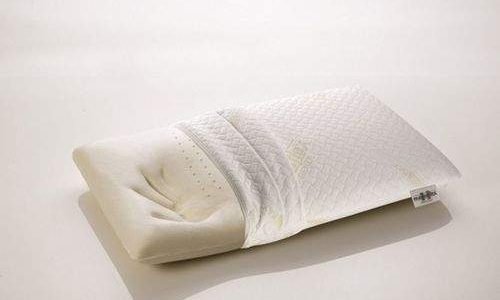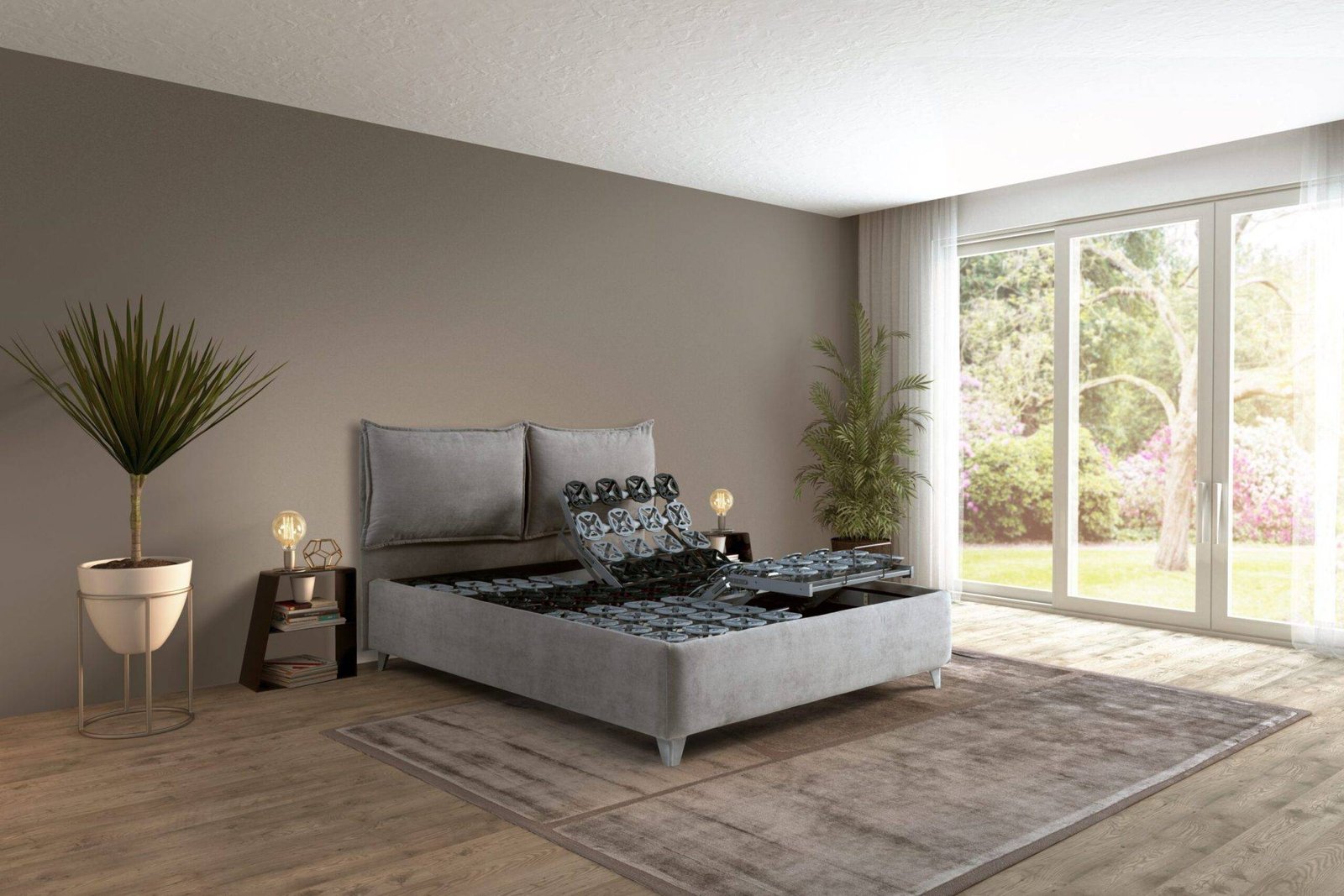Everyone is entitled to a good night’s sleep. But, do some people truly require more than others? It turns out that women need more sleep than men.
Here’s a deeper look at how women may require more sleep than men, why they might need more, and how to get it.
It makes no difference whether a woman is a stay-at-home mom or a working woman; research shows that a woman spends approximately 1 hour and 30 minutes more on childcare and homeschooling than a man.
They manage their work-life balance, care for their children, manage their families, and so on. However, while caring for everyone in the family, they neglect to care for themselves. The main concession they make is in their sleep.
RESEARCH:
To feel refreshed, the average adult requires 7 to 9 hours of sleep a night. However, research indicates that women sleep slightly longer than men — 11 to 13 minutes.
Women are 40 percent more likely to have insomnia than men. Women are also nearly twice as likely to suffer from anxiety and depression as men, two conditions strongly associated with insomnia.
Individuals with insomnia have difficulty falling or staying asleep on a regular basis, and suffer from sleepiness during the day.
Hormones are another culprit behind women’s need for sleep than men. Our sleep-wake cycles are ruled by our hormones. These hormones affect when we feel tired when we feel alert when we feel hungry and much more.
Women experience hormonal changes each month and over the course of their lifetimes, which creates a greater need for sleep. For example:
- One-third of women have difficulty sleeping all through menstruation due to cramps, headaches, and bloating. They have more daytime sleepiness, tiredness, and fatigue.
- Women who are pregnant may develop Restless Legs Syndrome, a condition that makes it difficult to fall asleep. This problem can persist into the postpartum period, when their hormone levels drop at the same time they begin caring for a newborn with an irregular sleep cycle, often leading to even more daytime sleepiness.
- Hot flashes affect up to 85% of women during menopause. When this happens at night, women wake up sweating, disrupting their sleep. During menopause, women are more likely to develop sleep apnea, due to which they may feel less refreshed when they wake up, as well as tiredness and excessive sleepiness during the day.
Do Women Actually Sleep More Than Men?
While research shows that women need more sleep than men, women also sleep slightly longer than men — by just over 11 minutes.
The bad news is that women’s sleep may be of lower quality than men’s, possibly because of differences in how they spend their days. Women and men devote different amounts of time to paid and unpaid labor, work and social responsibilities, and family caregiving, according to research.
For example:-
Women are more likely than men to wake up in the middle of the night to care for others in the home, which disrupts their sleep.
Independent of marital status, both men and women with children sleep slightly more than their childless counterparts.
Women, on the other hand, are more likely to nap during the day, suggesting that their longer total sleep time may be misleading because some of it occurs during the day.
Naps increase total sleep time, but they make nighttime sleep less restful.
Sleep is most effective when it is uninterrupted throughout the night. You cycle through the various stages of sleep several times during a full night’s sleep, from light sleep to deep sleep to REM sleep and back again.
With each stage of sleep, you spend more time in REM sleep, which is used for dreaming and cognitive processing, and less time in deep sleep, which is used for physical repair.
When that sleep is disrupted, the cycle begins again, causing you to miss out on essential REM sleep.
Do You Need More Sleep?
Regardless of which gender requires more sleep, the reality is that too many women and men, regardless of age, do not get enough sleep.
According to the CDC, only 64.5 percent of men and 65.2 percent of women consistently sleep at least 7 hours per night16.
The situation is even worse among high school students, particularly young women. 71.3 percent of female students regularly miss out on adequate sleep, compared to 66.4 percent of male students.
Final Thoughts
If you have trouble sleeping, try getting regular exercise, establishing regular bed and wake times, limiting your caffeine and alcohol intake, and improving your sleep environment.
Create a bedtime routine that relaxes your mind and body before going to sleep.
Magniflex firmly believes that women need more sleep than men.
A woman is deserving of all gratitude and love. Demonstrate to them how important they are in your life.




 Luxury mattress
Luxury mattress Luxury pillows
Luxury pillows